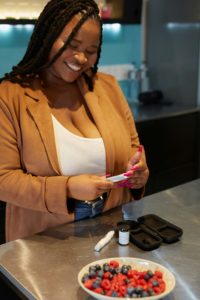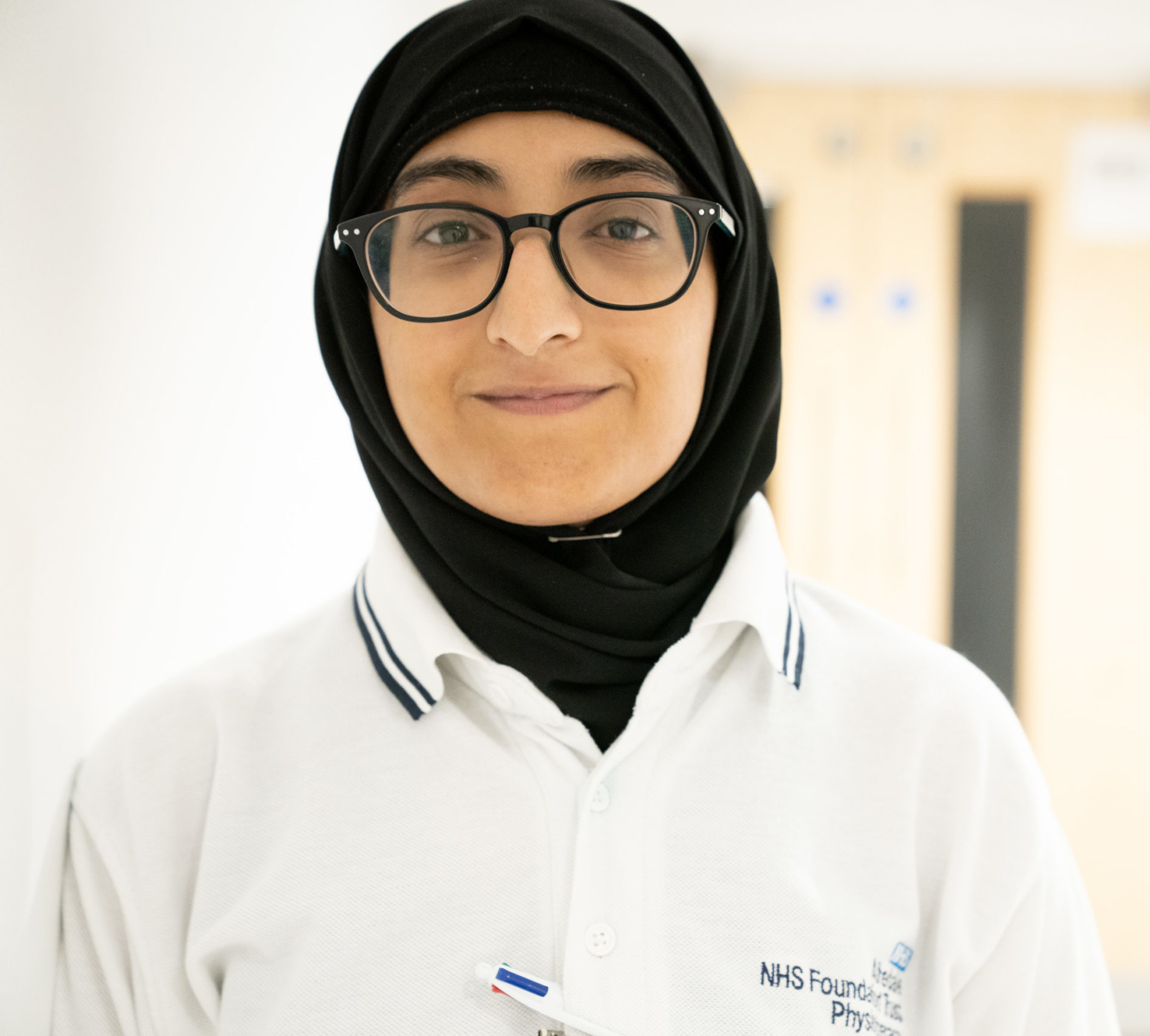What are some of the most rewarding aspects of working with diabetic patients as an allied health professional?
It’s really the simple things. Making a difference. Our role as allied health professionals can often extend beyond treatment. For example, it’s about upholding the dignity of our patients, being empathetic and listening to them, not just being sympathetic, inspiring them to embrace their full potential. Each interaction I saw or had with patients was used as an opportunity to infuse hope and strength into their lives.
The pride my parents have in me along the genuine well-wishes from patients further strengthens my resolve. These things are an obvious reward, aren’t they?
I extend my heart to those who are battling diabetes where daily hardships like insulin injections or weekly dialysis are the norm. Sometimes, just a word of encouragement or physical progress can brighten their day.
I believe that small yet impactful moments like this is what truly makes material success worthwhile. To know that you play a part in alleviating someone’s burden is naturally a good feeling to have. Small aspects like this contribute towards leaving behind a legacy of kindness and strength.
Can you share a memorable success story or moment from your experience working with diabetic patients?
There are many, but I will share one that left a lasting mark on my heart. On the first day of my vascular placement, I overheard the multidisciplinary team discussing the need for a language interpreter for an elderly woman. As it turns out, I speak the exact same language as her! I ecstatically volunteered to step in as a translator between the patient and medical staff with no idea of the gravity of the situation I just placed myself in.
It turned out that the lady was potentially facing an above-knee amputation due to severe complications from diabetes which had severely restricted blood flow to her leg. The patient faced risk of tissue death which could lead to lethal infections. To convey this news to the patient was definitely one of the most daunting experiences I have ever had.
However, throughout placement I was given the privilege of treating the patient due to our shared language. By the end of the placement, not only was the patient walking with walking sticks, but was independent with her movements. The credit goes to her resilience and determination, as she surpassed her limitations when her leg healed, and she was walking on both feet!
In my final week I sensed that she was a bit saddened about her condition. Gently, I reminded her of the immense progress she had made. She began to gradually open up about her fears and uncertainties. I realized then that she wanted someone to listen to her, because sometimes that’s just what people need. As she tearfully expressed her gratitude, taking my hand and thanking me for being there both mentally and physically, I was profoundly moved.
It will always be difficult to truly articulate what I felt in that moment, but I hope it’s enough to convey the profound impact that we as allied health professionals can have.





